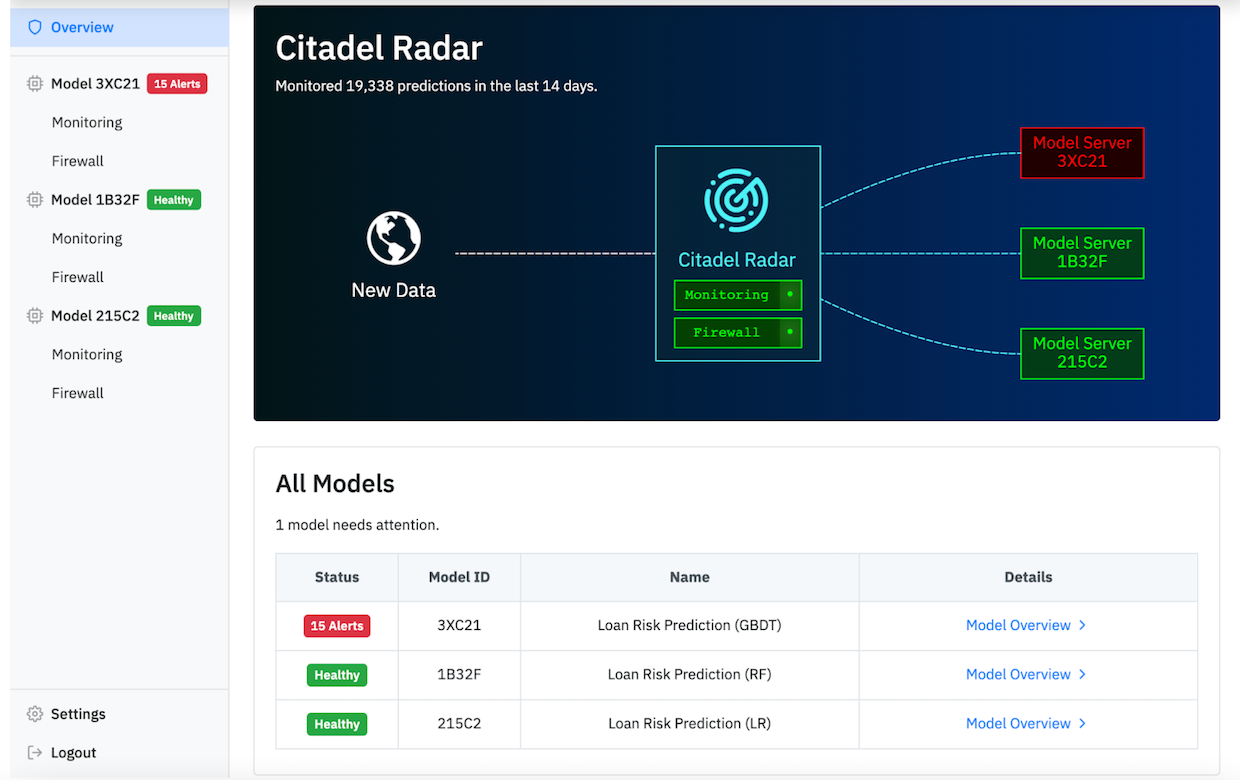[ad_1]
Tono, Iwate Pref. – It’s a little-known fact outside the beverage industry that Japan doesn’t import all of its hops, a key ingredient for bittering and aroma in beer making. It’s true that most of the hops used by Japanese brewers are imports from countries like Germany, the Czech Republic and the United States, but about 5% is produced domestically, with the small Iwate Prefecture town of Tono, which has been farming hops for nearly 60 years, contributing the lion’s share.
Like many rural farming communities, Tono (population 26,000) has been impacted not only by an aging population and urban migration, but the 2011 Great East Japan Earthquake as well. Around 20 years ago, there were 239 hops farms in Tono, but the number now stands at just 22 and production is down to less than a fifth of its 1989 peak of 647 tons.

However, people in this hops heartland have come together to brew a brighter future by turning the town into a boutique beer destination. In 2016, they formed an organization called Brewing Tono, bringing together stakeholders in the public and private sectors to collaborate on projects that would move the town toward that goal.
A key member is beverage giant Kirin Holdings, which not only provides financial support, but also decided in 2018 to allow other brewers more access to local hops. Previously, contract farming, in which a crop is purchased for an agreed-upon price before it is grown, was the norm, with Kirin scooping up nearly the entire crop. But the company saw an opportunity in sharing.
“In order to ensure an exciting future for beer, we believe it’s important not only to focus on our brand but to energize the category itself by involving various partners and diverse players,” explains Mayuko Suzuki, head of planning for Kirin Brewery Co. “One way we do this is through the external sales of Japanese hops.

“We want beer drinkers to know the appeal, the fun, and the potential of domestic hops,” Suzuki says. “By allowing for more widespread use by other brewers, we hope as many people as possible will come to appreciate Japanese hops.”
In Tono, hop farms predominately grow the common Ibuki strain, but a regional variety called Murakami Seven is gaining ground. It was bred by Atsushi Murakami, a retired hops researcher who now runs a jazz bar called Brew Note Tono. Post-3/11, he was desperately trying to find a way to support his native Iwate.
“I figured if I bred and branded a new type of hops that produced unique aromas that couldn’t be found overseas, it could be a point of pride for people in Iwate and Tohoku,” Murakami says.
Murakami Seven does indeed produce highly idiosyncratic aromas of fig and muscat grapes, an unusual characteristic that has garnered the approbation of big-name craft brewers such as Brooklyn Brewery, despite its relative rarity.
The increased availability and distinctiveness of Tono hops is allowing the city’s two craft brewers, Tono Brewing and Zumona Beer, to produce beers with a deeper sense of locality.
Just a short walk from the station, brewpub Tono Brewing occupies a former sake shop whose renovation was crowdfunded as part of the Brewing Tono project. The aged checkerboard wood floors and exposed industrial lighting preserved from the original building lend a touch of historical gravitas to a space dominated by four shiny new steel brew tanks and simple plywood tables.

Youthful owner Daisuke Hakamada worked for Uniqlo’s parent company Fast Retailing Co. after graduating from university in 2012, but found the world of mass production unsatisfying. He decided to parlay a love of beer into a career instead and moved to Tono in 2017 to found the brewery with newly fledged brewmaster Mutsumi Ohta, another transplant tempted away from a successful career in electronics engineering.
“I knew Tono was Japan’s biggest producer of hops, but I was really shocked when I found out the number of farmers was drastically falling and the situation was so dire,” Hakamada says of his pivot. “I wanted to contribute to a solution somehow.”
Buying local hops isn’t the brewery’s only contribution. Even before opening in 2018, it hosted monthly beer-education events to forge ties with the community and foster a deeper appreciation for diverse beers in a small-town market more used to settling for the standard nama draught.
“We held these regular events, and, eventually, more and more local people started taking part. Those people supported us as we were opening up and are still regular customers,” he says.
Now in its fourth year, the bar’s simple DIY-style stools, many built by those same supporters, are occupied by locals as frequently as beer-seeking out-of-towners. Not only that, the bar does a brisk trade in refillable growlers for home consumption. The brewery produces about 25 varieties a year, with six on tap at any given time, including a mainstay ESB (“extra special bitter”) made from native, locally grown Ibuki hops.
Tono’s other craft brewer, Zumona Beer, is run by Kamihei Shuzo, a local sake maker that has been in operation for over two centuries. In 1999, it decided to start making beer as well, but initially had to rely mostly on imported hops, despite having hop farms within shouting distance. Following Kirin’s decision to share the Tono crop, however, the brewery has been able to strengthen its regional branding, producing several varieties made with 100% Tono hops, including fresh-hopped IPAs and wheat beers.

Junko “MJ” Miura of tour company Tono Beer Experience leads tastings at Zumona, wearing several professional hats, as well as a literal one festooned with plastic hop flowers.
According to Miura, the shared goal of regional revitalization keeps the relationship between Tono brewers more collaborative than competitive, with Tono Brewing focusing on small, limited-availability batches that can only be enjoyed on tap in town and Zumona focusing on bottling and distribution to raise the profile of Tono hops outside of the region.
“We have two breweries, but they each have a different role so that people can enjoy beer made with Tono hops locally but also at their own home,” she says.
Zumona’s evangelizing has also brought about tie-ups like its C58 239 beers, produced and sold in collaboration with JR East and named after the restored steam locomotives used on the SL Ginga excursion runs between the cities of Hanamaki and Kamaishi.
With the breweries now comfortably established, Tono Beer Experience is working to craft tourism experiences that will put Tono on any suds-seeker’s map. In addition to the usual tastings and tours, it offers picnics under the leafy trellises of full-grown hop vines, overnight stays with farming families, farm-to-table fine dining and cycling tours along the icy waters of the Sarugaishi River, an important agricultural irrigation source.
So, beer fans take note: With the end of COVID-related restrictions on cross-prefectural movement and serving alcohol, Tono has lots on tap to satisfy a thirsty traveler and there’s a passionate community ready to welcome you.
For more information, visit brewingtono.jp.
In line with COVID-19 guidelines, the government is strongly requesting that residents and visitors exercise caution if they choose to visit bars, restaurants, music venues and other public spaces.
In a time of both misinformation and too much information, quality journalism is more crucial than ever.
By subscribing, you can help us get the story right.
SUBSCRIBE NOW
[ad_2]
Source link






















